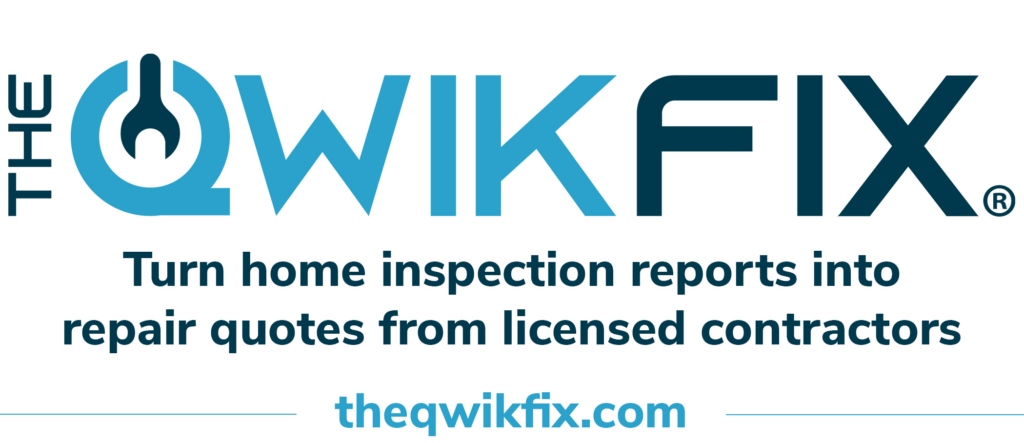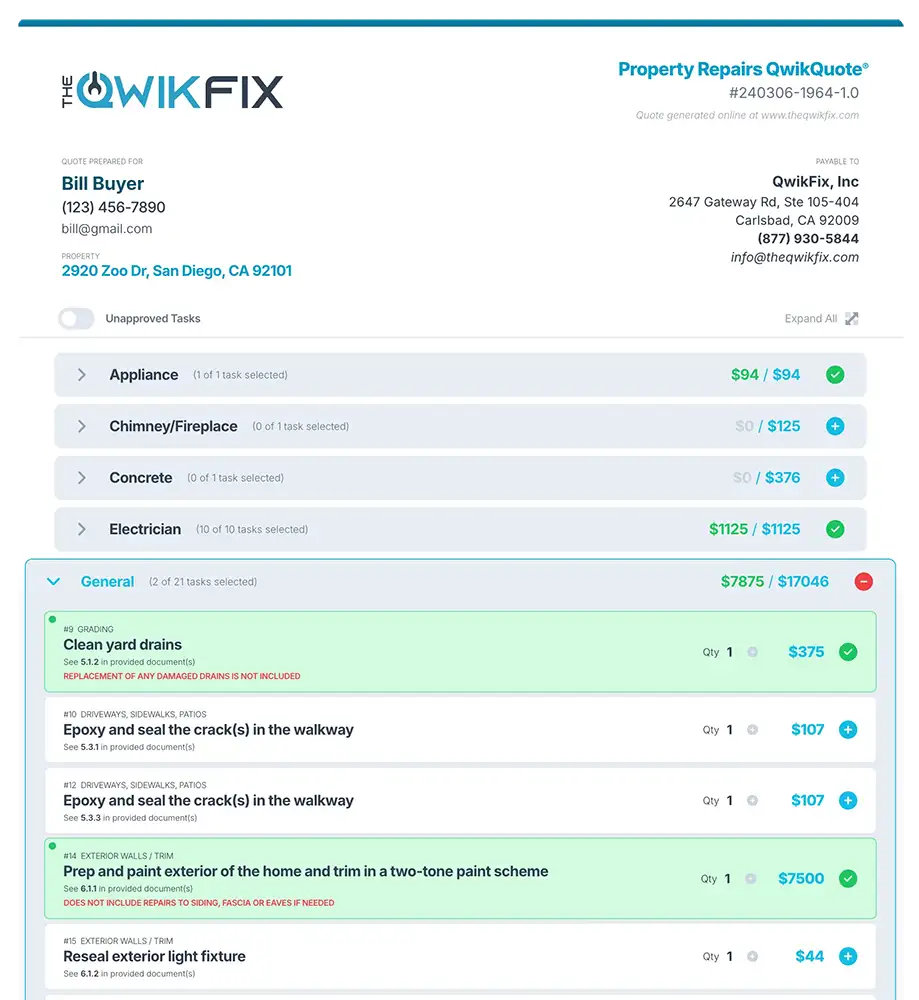

Should I get a pre-listing property inspection?
With home sales on the decline, more and more listing agents are looking for a way to get the upper hand. Many home sellers are getting pre-listing property inspections in order to achieve this. This gives the seller time to make necessary repairs or disclosures, and help avoid costly delays or cancellations.
A pre-listing property inspection is an evaluation of the property by a professional inspector before it goes on the market. The professional comes out to inspect the property and provide a report of their findings. This gives you and your client an idea of any potential problems that could arise during the sale process. It also helps to set realistic expectations for sellers on the price they can expect to get for their home.
There are many benefits to getting a pre-listing home inspection, here are our top 4:
1 – Avoid costly surprises down the road. A pre-listing inspection can uncover hidden issues that could cause problems later on in the sale process. By addressing these issues upfront, you can avoid last-minute surprises that could potentially scuttle the deal.
2 – Offer buyers peace of mind. Buyers will be more likely to feel confident about their purchase if they know that all potential problems have been disclosed upfront. This could help to prevent the deal from falling through at the eleventh hour.
3 – Help to set realistic expectations. A pre-listing inspection can help you and your client to identify any areas where repairs or upgrades may be needed. This information can be used to price the property accordingly and avoid any future misunderstandings.
4 – Avoid giving the buyer leverage. You can do this by either pricing the repair costs into the price of the home, or better yet, having them repaired beforehand by a licensed professional. Then you can share that information with the other side of the transaction.
When buying a car, would you feel more comfortable if the dealer’s mechanic inspected and repaired or replaced any items prior to listing it for sale? Alternatively, if buying online, would you bring someone who knows cars well with you to inspect it for potential problems? This ensures that your car is in good condition without any major issues. The same idea should apply when purchasing a home but even more so as this is a much bigger purchase.

Bonus tips:
1. Choose a reputable inspector. Not all inspectors are created equal. When choosing an inspector, be sure to check their credentials and ask for references. Many inspectors are using outdated technology or are just not great at what they do, many areas do not even require a license or any training! You don’t want your inspector to miss any issues that will later be found when a buyer does there own inspection.
2. Make sure the inspection is thorough. A good inspector will take their time to thoroughly examine the property inside and out, 2-3 hours on average. They should provide a detailed report that covers all major areas of concern.
3. Be present for the inspection. While you don’t need to be there for every minute of the inspection, it’s important to be there for at least part of it, generally the last 30 minutes or at a minimum. This will allow you to ask questions and get clarification on any issues that are raised.
If you’re looking to give your clients the best possible chance of success, getting a pre-listing home inspection is a wise move.
Learn more about how TheQwikFix turns home inspection reports into repair quotes on our website.

for competitive home repair quotes.